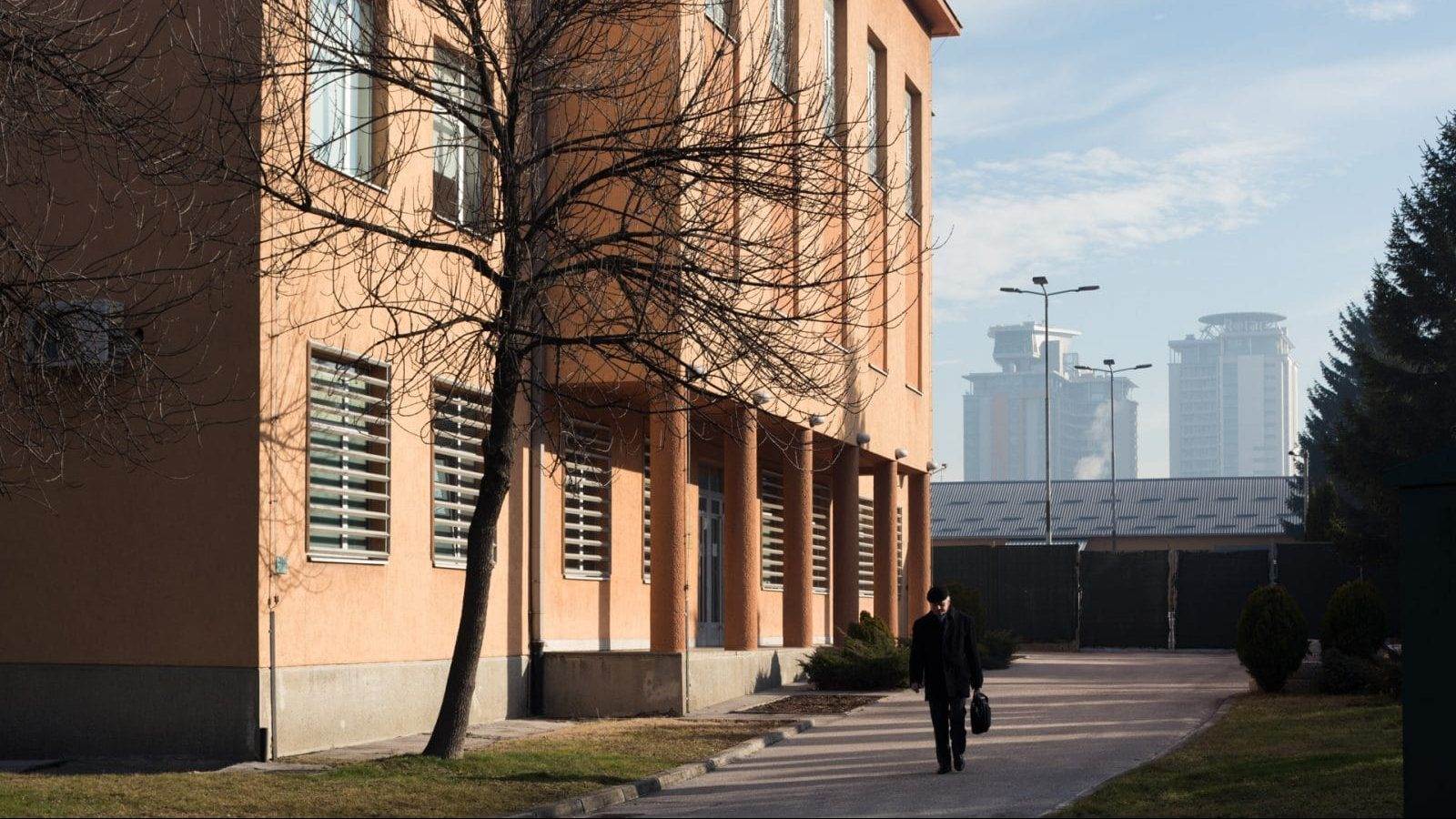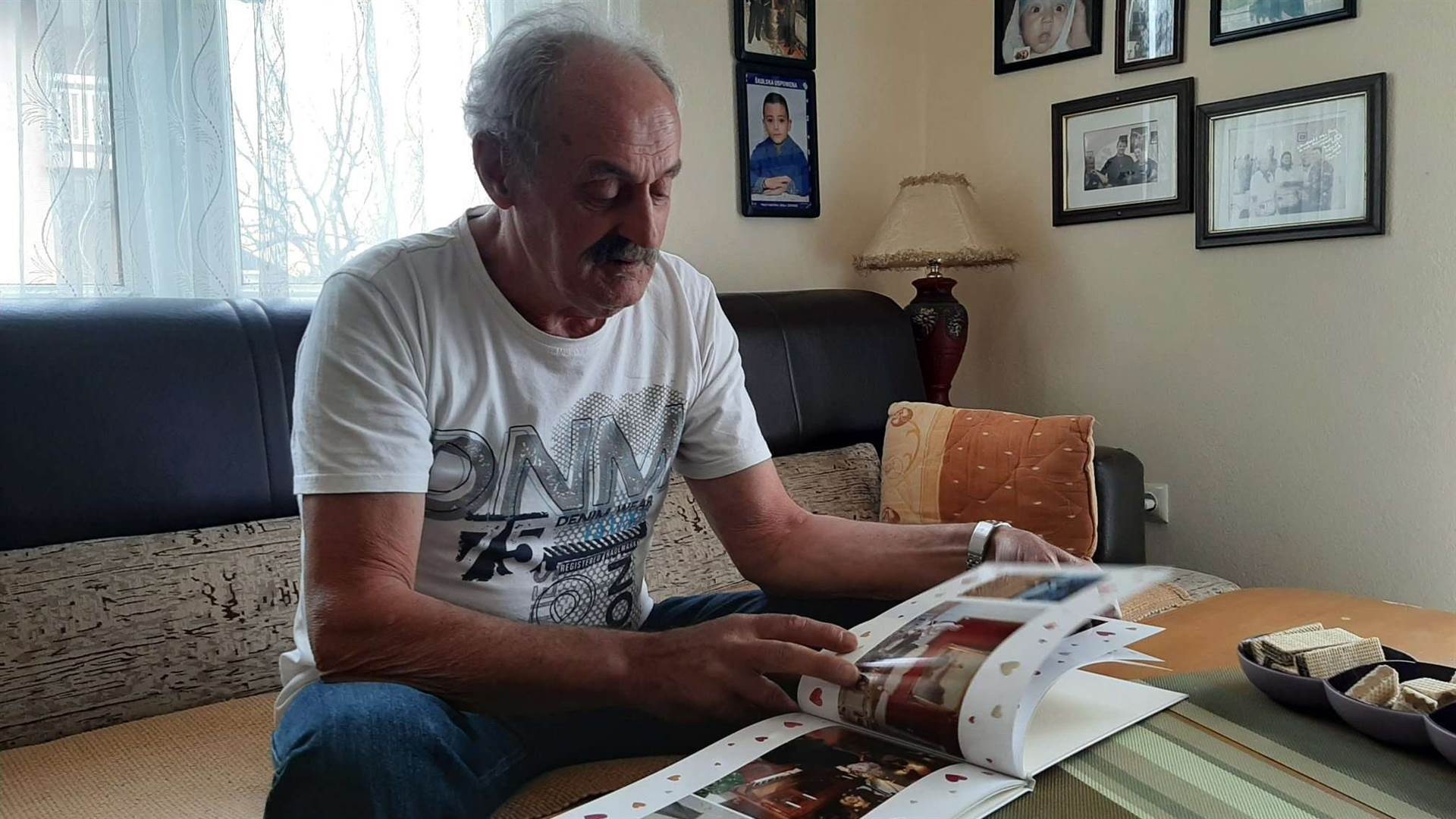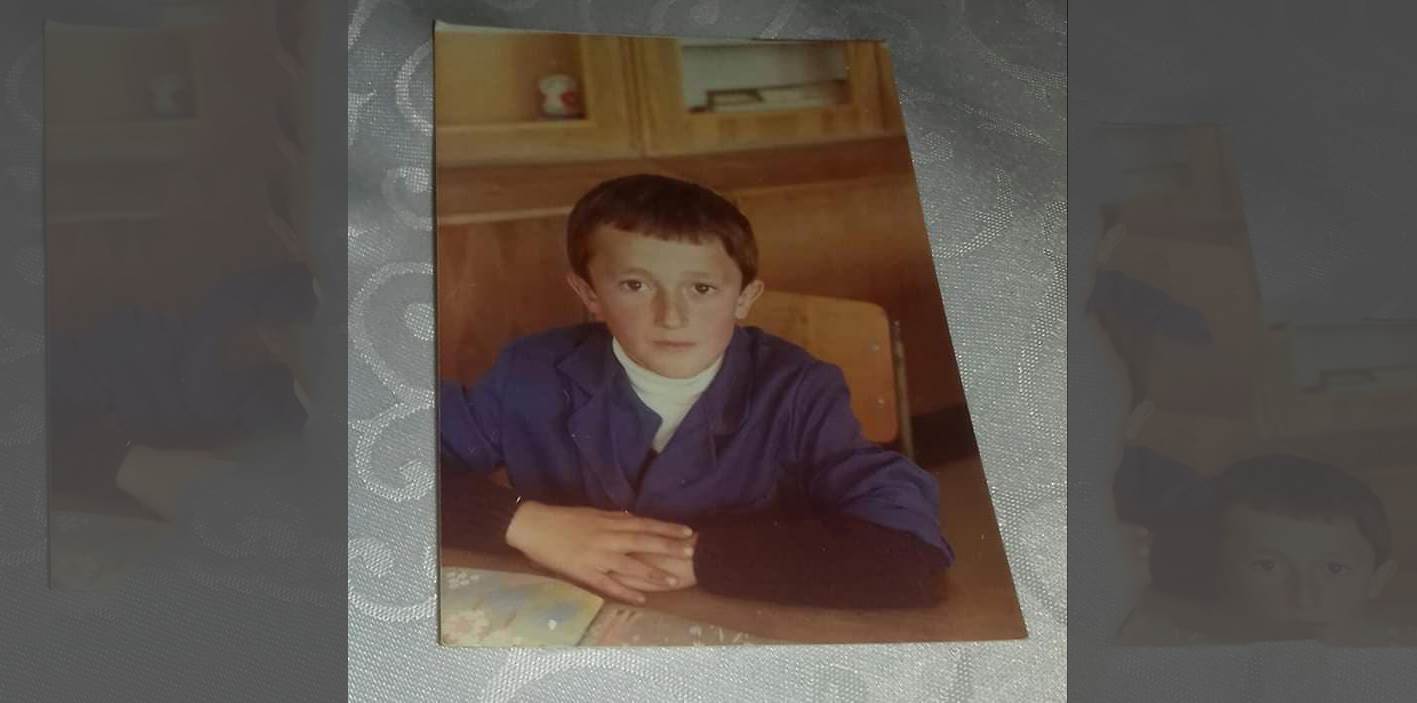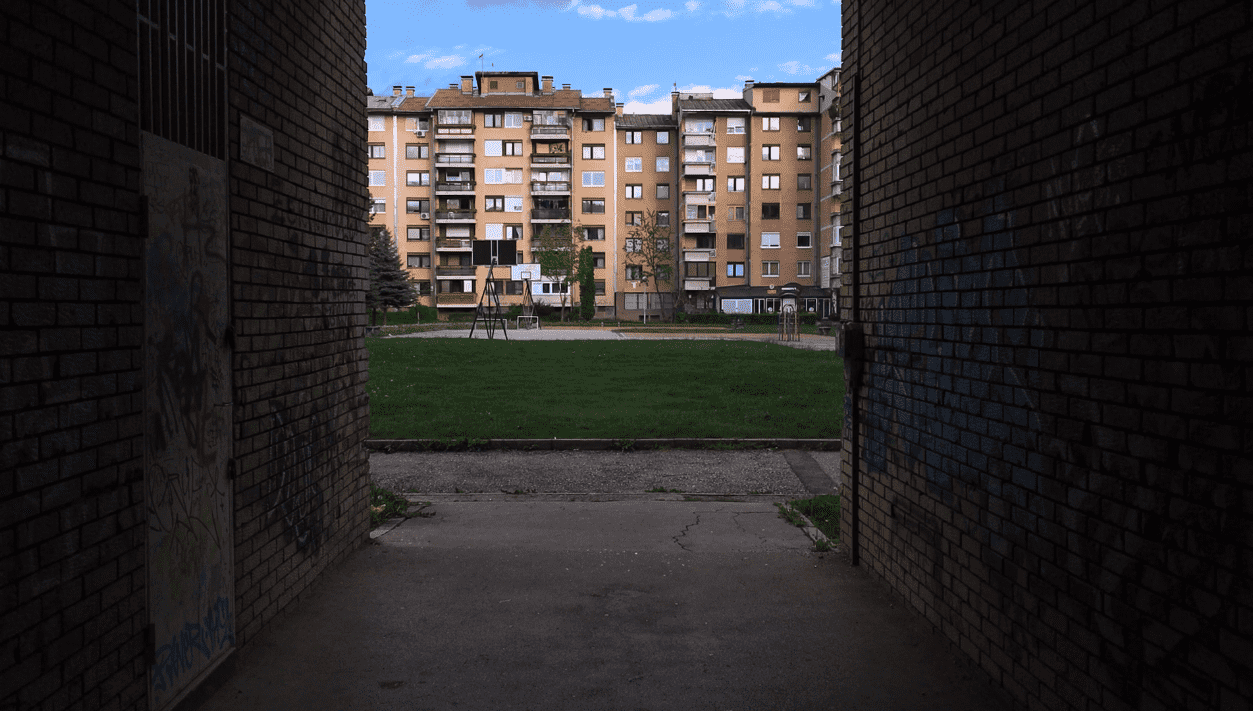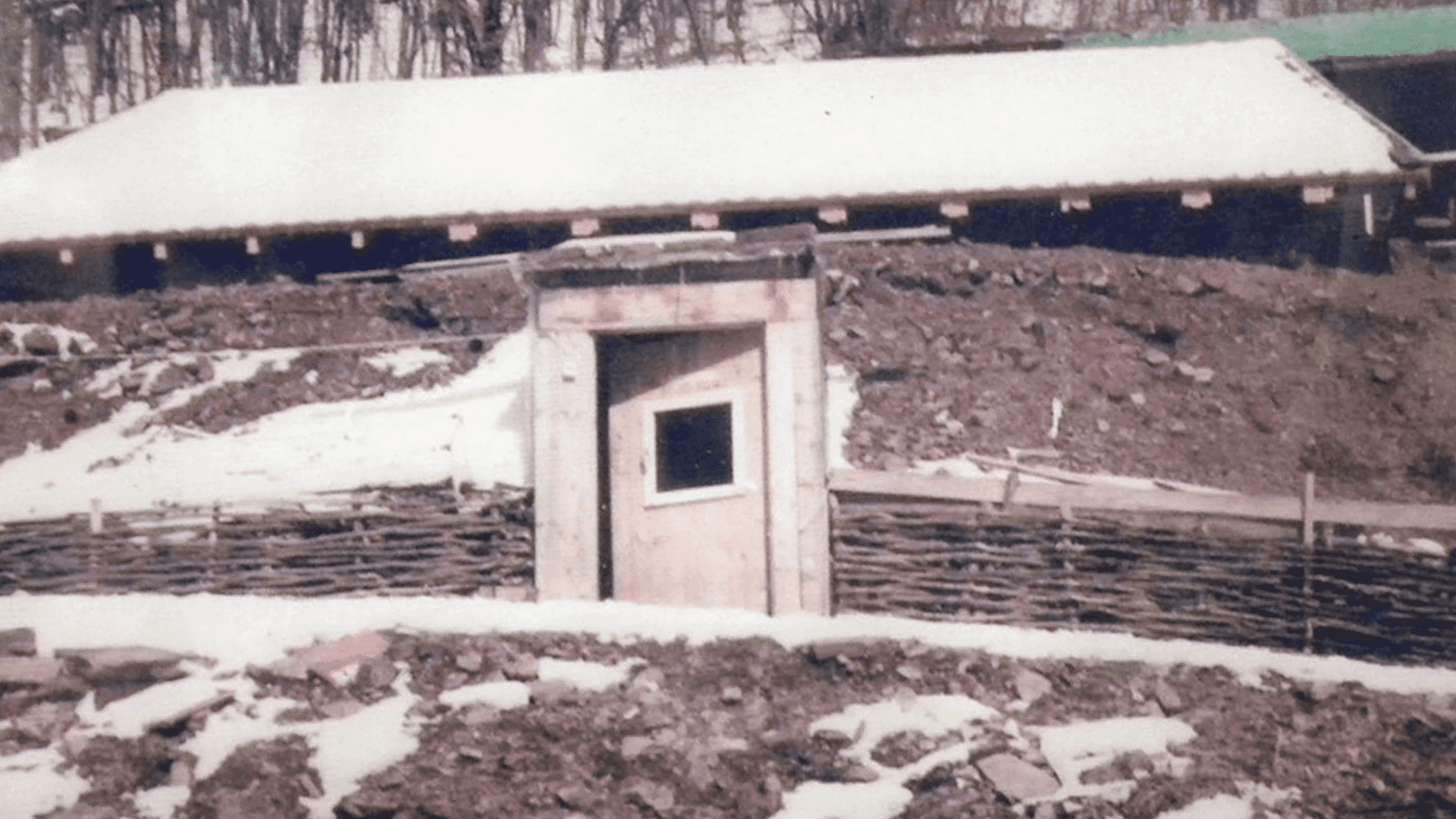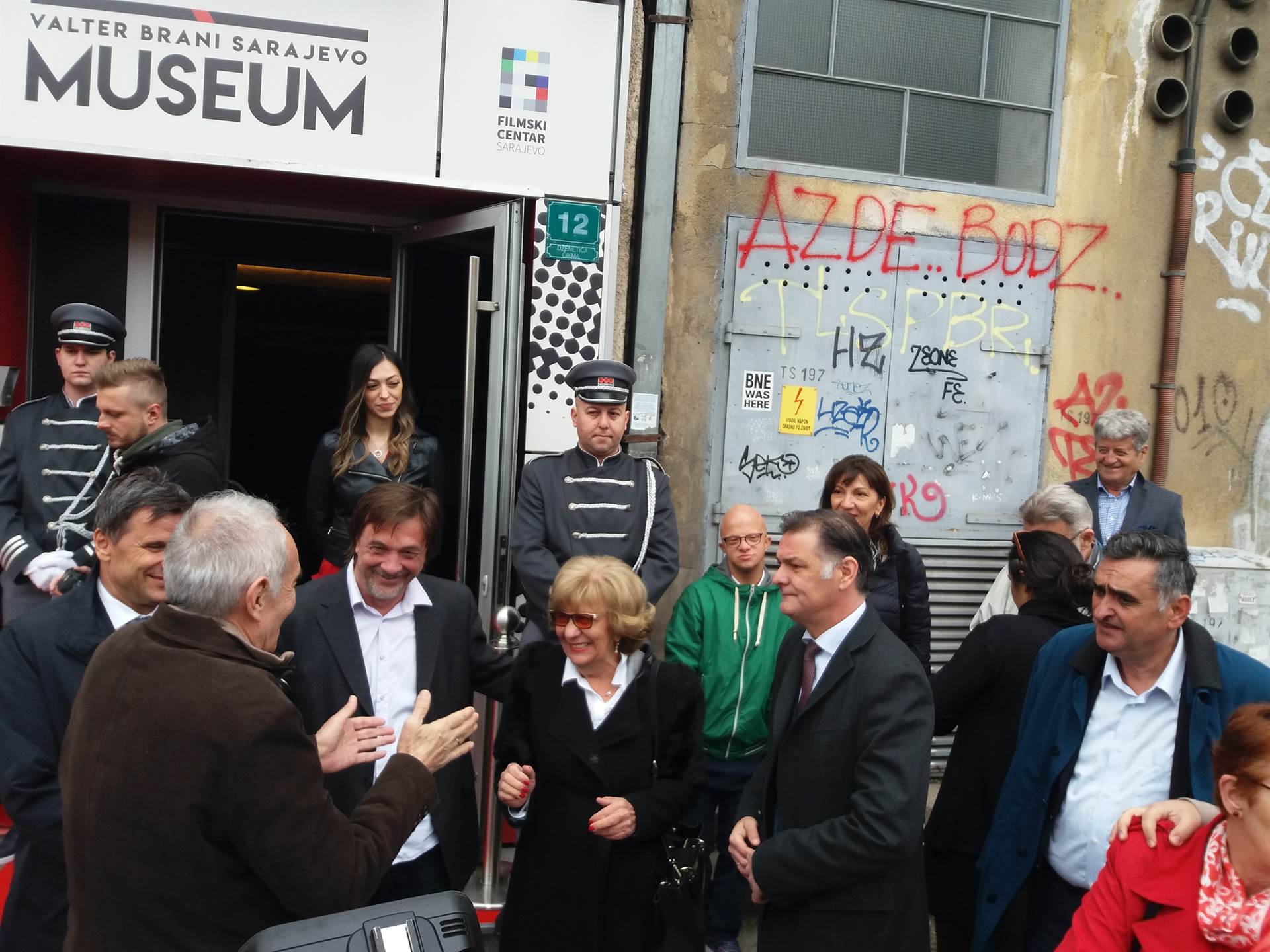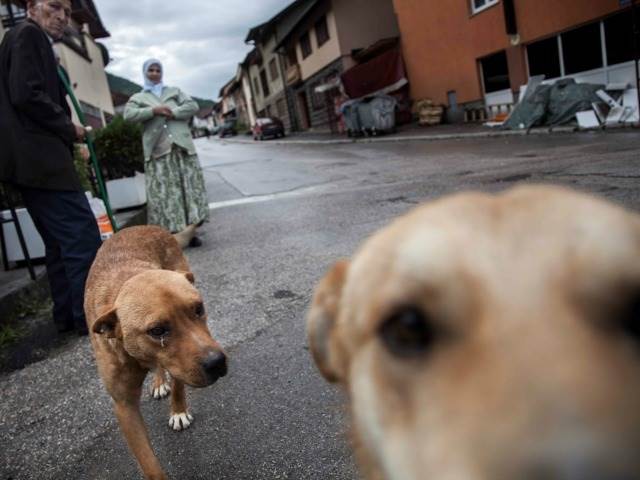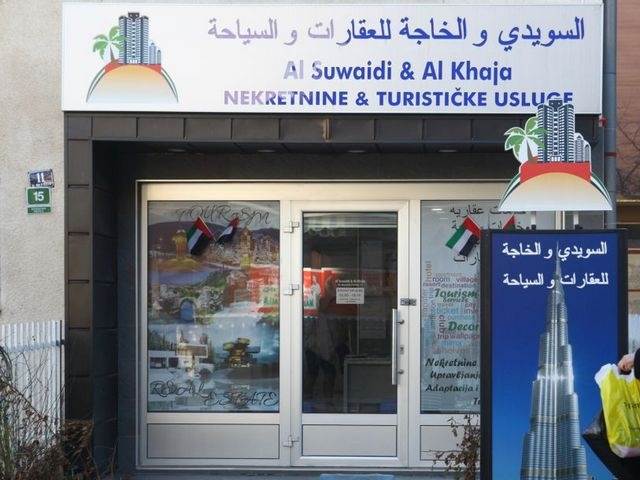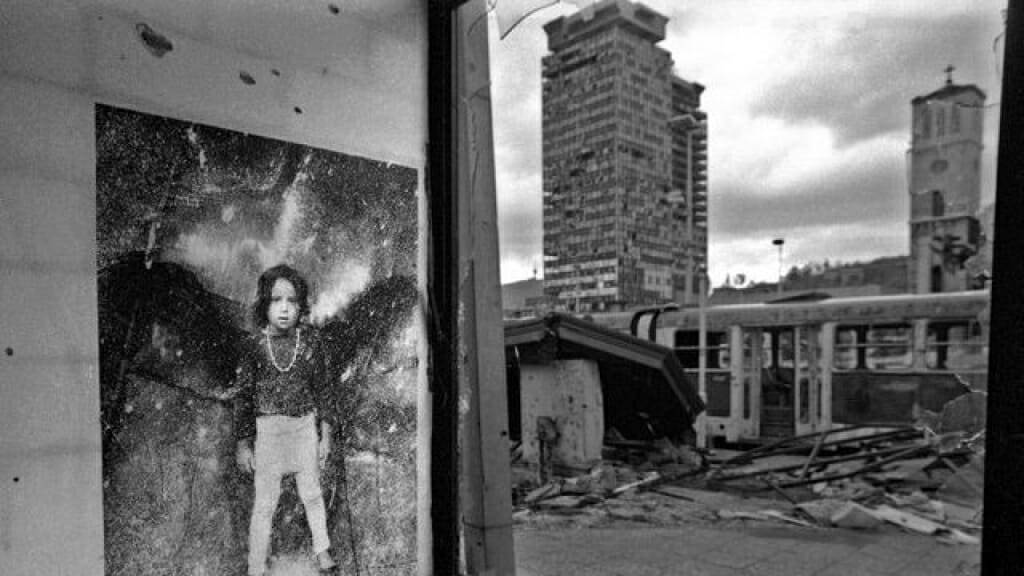Bosnia’s state court is rapidly running out of space for its ever-growing multitude of documents and evidence from war crimes trials, while the lack of an online archive is hampering...
Several Bosniaks were saved by courageous interventions from individual Serbs who defied potential risks to help neighbours during wartime in the town of Vlasenica in 1992, when many were detained...
No one has ever been charged with the killing of at least four minibus passengers travelling from Pale to Ilijas for a funeral in July 1992, with an investigation concluding...
Eleven-year-old Marko Zizic was one of a dozen people killed when a football match in a parking lot was shelled in Sarajevo on June 1, 1993 - and none of...
Forty-seven years after Hajrudin Siba Krvavac’s cult movie about the Partisan struggle in wartime Yugoslavia was filmed, a museum dedicated to it has opened in Bosnia’s capital.
A hundred kilometres from Srebrenica, 400 female relatives and survivors of the 1995 genocide still live in the rundown temporary camp where they found shelter, and say they will never...
Porast turističkih posjeta Bosni i Hercegovini gostiju iz arapskih zemalja, koji odnedavno najavljuju i višemilionska investicijska ulaganja, zabrinjava bh.
Tens of thousands of children went to school in improvised classrooms during the siege of Sarajevo that started 24 years ago this week, with pupils and teachers often risking their...

